…
Each year Grass Roots conducts an annual Meetings Industry Report. With the 2011 edition just complete, Site International Foundation Trustee Debbie Donaldson and the team at Grass Roots share highlights with Site Source readers.
Amidst frozen salaries and slashed bonuses, many might assume that staff motivation was no longer in fashion. In fact, the reverse is true. Organisations that have undergone restructuring are inevitably left with staff unsure about their futures.
As a result, these companies have to look at how to restore morale and to get the best from a slimmed-down workforce. Consequently, motivation programmes are back on the corporate agenda, and corporates are turning to tried and tested methods including the overseas incentive.
Worldwide, the incentive event market is again looking good. World Economic Forum research (2010) is positive, as is the Society of Incentive Travel Executives (Site) and we at Grass Roots are certainly seeing an upturn too. A high proportion of Grass Roots’ clients choose travel as part of their incentive offering and the demand for information on ‘exclusive to the destination experiences’ continues to grow. We expect the incentive travel and events’ market to continue to grow throughout 2011 and, excitingly its scope is also developing fast.
It is clear that motivational programmes now matter more if corporate performance targets are to be met.
Kathryn Hulse, Communications Consultant, Grass Roots points out that: “When it comes to travel incentives, a trip ‘abroad’ is almost always seen as having a greater value than one in the recipient’s own country of origin; the prospect of getting on a ‘plane signals an escape from daily life and a sense of anticipation.
“When a sales incentive runs for several weeks or months, the build up generated by ‘teasers’ about the destination through an on-going communication programme can play a huge part in motivation to achieve targets, as can the ‘brag factor’ of wanting to be able tell friends and colleagues about a place they have not visited before. Choosing somewhere a little more unusual works well and can often be less expensive, for example Andalucia instead of Marbella or Croatia instead of the French Riviera”.
Although images of exotic beaches seem incongruous against a background of corporate cost cutting, incentives make total sense. After all, the whole purpose of an incentive is to improve performance, making them the perfect example of Return on Investment. Time and again surveys show that group travel remains the most popular form of reward in both employee and dealer programmes.
Des Mclaughlin, Managing Director of Grass Roots explains why. “These are well thought-out projects that are meticulously planned, and not staged for frivolous purposes. In this respect, it is not about been seen to spend money needlessly, international travel has always been an integral element of incentives and the programme needs to truly impress the recipient to ensure they work hard to attain their place.”
One new trend is companies are not allowing their staff out of the office for more than a few days in the current climate, however this is not necessarily stopping them booking shorter-stay exotic incentive trips. Only time will tell if incentive travel will fully return to the levels of activity experienced before this recession. The signs in the meantime are definitely encouraging.
What makes a good incentive programme?
– Overall an incentive needs to answer five basic questions for a participant to be engaged:
– What do you want me to do?
– Why am I doing it?
– How do you want me to do it?
– What’s in it for me?
– How am I doing?
The first four can be answered through the launch communications and be reinforced through on-going communications. The final one is answered through the reporting process.
Senior Management buy-in: Ensure that your incentive programme has the backing of someone in the senior management team who commands respect, can allocate resources and provide on-going backing.
Stated business objectives: Communicate clearly and concisely with everyone involved so they understand what you want to do and why. Make the objectives are achievable, but with a stretch!
Defined audience: Do not try to be all things to all people. Decide whose behaviour you want to influence; understand what makes them tick and what rewards will appeal.
Clear structure: Make sure every participant knows the rules, how performance will be measured, and by whom. Ensure the incentive rules are perceived as fair by all.
Simplicity: If the programme’s actions cannot be encapsulated in one sentence, it is too complicated. Focus incentives on specific objectives and/or behaviours.
Resonant values: Any incentive programme should communicate a value to participants to get them excited. The value proposition could prompt them into the required actions and communicate what they receive in return.
Identify the right reward: Consider the audience profile carefully in order to select the right mix of rewards or activities on an incentive trip. The reward should be in proportion to what is being asked of the audience.
Adequate resources: Allocate sufficient budget to make the incentive work. Spend should be around 3-5% of annual participant salary
Tax and Consider the tax implications of a programme and budget for this from the start – asking participants to be liable for the tax on their reward is very de-motivational.
Bribery: Know your audience and understand the law so your incentive does not fall foul of corporate policy or local market Bribery Act legislation.
Bridge the skill gap: If there is a known skill gap between what you are asking of the participants and their capability ensure you bridge the gap through training interventions.
Immediacy: Participants have to be able to see that the reward is within their grasp. In the most effective programmes participants need to earn a meaningful reward within 6-12 months.
Frequent communications: Regular communications maintains momentum and engagement – it’s no good sending out a launch piece at the start of an annual programme and not sending any subsequent communications. Use newsletters, blogs, e-mails and regular teasers to get the message across. Remember to keep them upbeat, clear and concise to ensure they are read.
Report regularly and celebrate success: Provide regular feedback to the participant audience to make sure that they understand how they are performing in relation to individual and/or team targets. Use these communications to recognise the achievement of top performers and celebrate their success. It’s also a great way to spur on others and create internal competition .
On-going measurement: Collect and analyse the data to really understand what is happening and how your programme is driving business.
Test, learn and then modify: Be prepared to change things to drive performance using sales and any other data captured.
Use a specialist: Look for an agency that specilises in motivation programmes and has extensive experience in group travel rewards. Their end-to-end programme support will ensure your incentive works hard for your business and with the right objectives delivers a return-on-investment.
Remember… What gets measured gets done; rewards lead to repetition.
Theodore is the Co-Founder and Managing Editor of TravelDailyNews Media Network; his responsibilities include business development and planning for TravelDailyNews long-term opportunities.























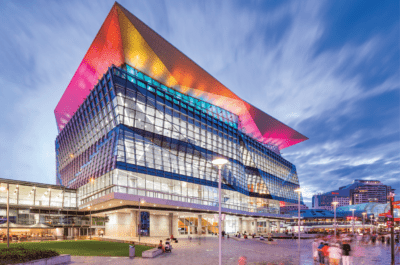
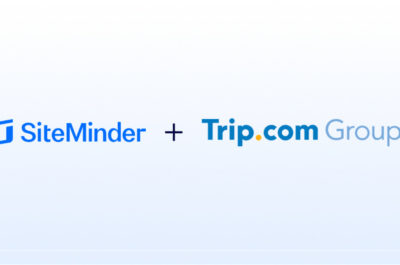



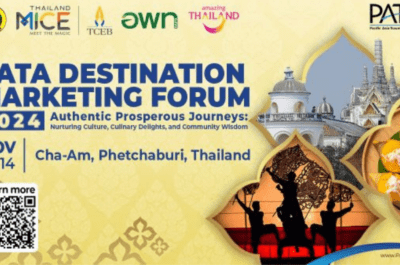
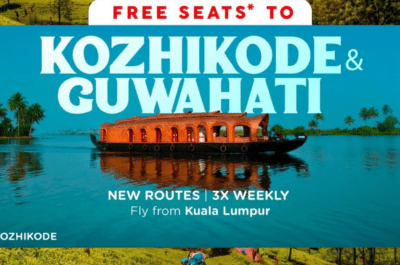
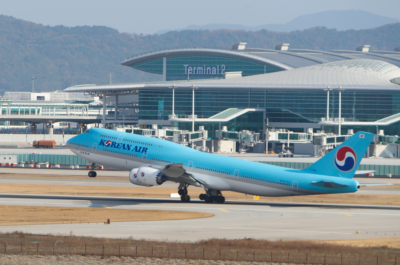















![[PR] PR_Ascott and Vimut Hospital_2024](https://www.traveldailynews.asia/wp-content/uploads/2024/04/PR-PR_Ascott-and-Vimut-Hospital_2024-400x265.jpg)


















